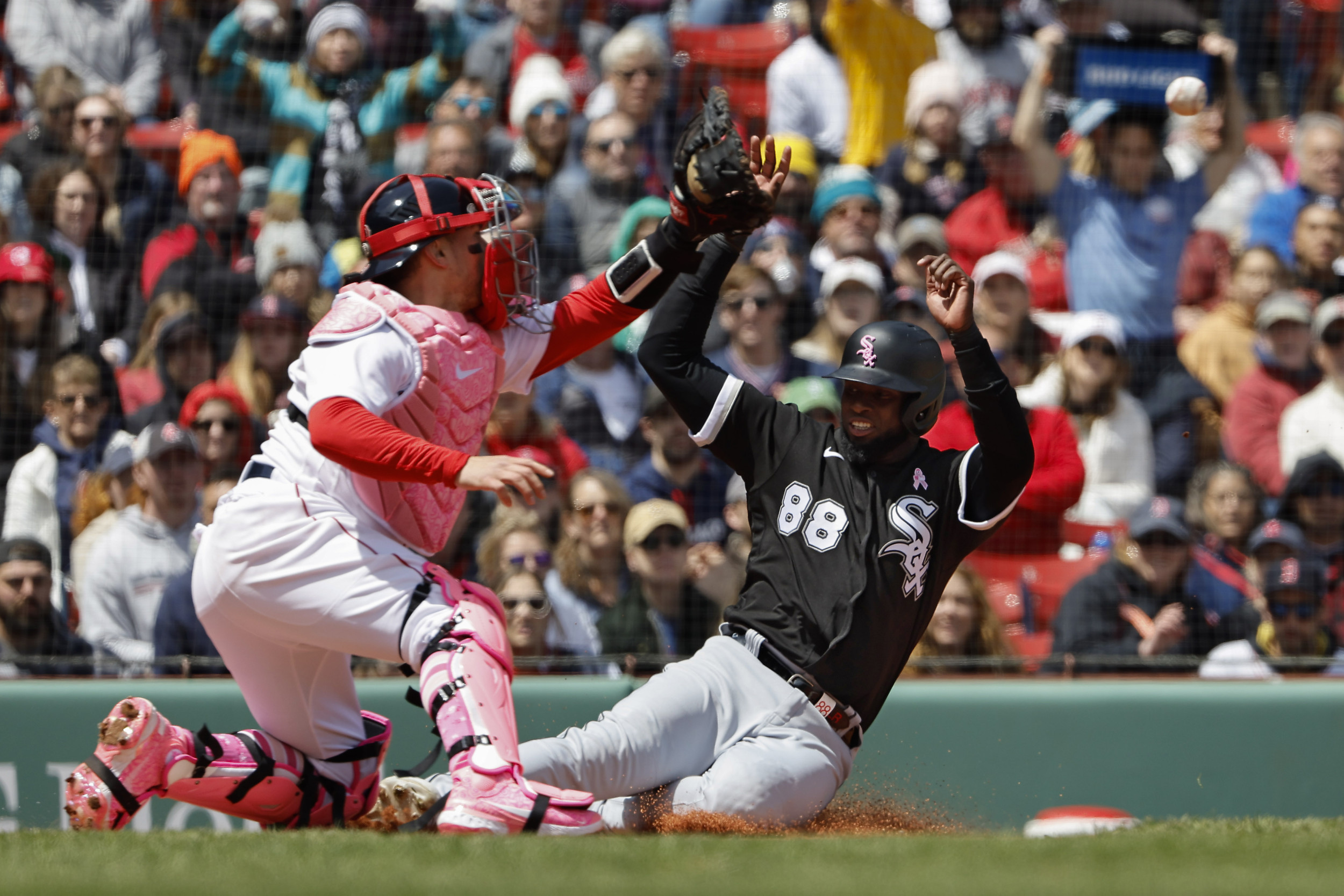President-elect Donald Trump could conceivably pardon himself once in office if he is is convicted of a federal crime, although the likelihood of him needing to do so is now highly unlikely.
Trump, who won Tuesday's election over Vice President Kamala Harris, is to make history in January by entering the White House as a convicted felon following his hush money case. He still faces dozens of other charges in state and federal investigations. Trump has pleaded not guilty to all the charges against him.
Special counsel Jack Smith's federal probes into Trump's alleged criminal attempts to overturn the 2020 election results and his hoarding of classified documents look set to conclude between now and next year, following Trump's election victory. Not only can a sitting president not be prosecuted for a crime under Department of Justice policy, but Trump could remove Smith and order the DOJ to drop both cases once he takes office.
The Constitution says a sitting president can grant pardons for federal crimes. Whether that can apply to pardoning himself—if he were to be convicted in for instance the January 6 or classified documents case—remains to be seen as this has never happened in U.S. history. Where Trump would not be able to pardon himself is in the New York hush money case, for which he is due to be sentenced on 34 counts, or the sprawling racketeering election obstruction probe in Georgia, as these are both state investigations.
"It's clear that the federal prosecutions brought by Jack Smith will not continue, even if Trump does not pardon himself or cause Smith to be removed from office and replaced with a loyal alternative," Syracuse University Law Professor Gregory Germain told Newsweek.
"And there is every indication from Trump that he will attempt to remove Smith or accept his resignation, or more likely will pardon himself," Germain added. "I have no doubt that the Supreme Court majority would uphold a self-pardon. So there seems little doubt that the federal cases brought by Jack Smith will be terminated."
Newsweek has contacted Trump's legal team for comment via email.

Smith's probe into the events leading up to the January 6 attack was already on shaky ground after the Supreme Court ruled that Trump is granted at least presumptive immunity from prosecution for official acts carried out in office.
Smith's office filed a superseding indictment in August that carried the same four charges Trump pleaded not guilty to but removed some allegations to align with the Supreme Court's decision.
The federal classified documents case, where Trump is accused of mishandling classified materials and attempting to obstruct the government from retrieving them, was also in danger of being dismissed before the former president won Tuesday's election.
Judge Aileen Cannon, who was overseeing proceedings, ruled in July that the case should be thrown out while backing Trump's claims that Smith was unlawfully appointed as special counsel by Attorney General Merrick Garland because it was not first approved by the Senate.
Smith appealed Cannon's decision, but DOJ officials are now said to be discussing winding down the two federal criminal cases against President-elect Trump before he takes office.
"If for some reason Smith refuses to dismiss the cases, Trump can direct his attorney general to fire Smith," former federal prosecutor Neama Rahmani told Newsweek.
Trump cannot pardon himself for the 34 felony counts of falsifying business records, for which he was convicted in relation to hush money he arranged to be paid to adult film star Stormy Daniels to keep an alleged affair the pair had a secret ahead of the 2016 election.
Trump was originally due to be sentenced on September 18, but Judge Juan Merchan delayed sentencing until November 26 to avoid appearing to influence the election.
CNN chief legal affairs correspondent Paula Reid reported Merchan will decide by November 12 whether the falsifying business records conviction against Trump should be tossed in the wake of the Supreme Court's ruling on immunity, now that he's been elected.
Legal experts said even before Trump won the election that he was unlikely to be handed a custodial prison sentence as a first-time nonviolent offender.
Cheryl Bader, a Fordham School of Law professor, told Newsweek on Wednesday that she expects Trump's attorneys to work to postpone the hush money case.
"There is no direct precedent on this question of imposing sentence as it applies to a state conviction or president-elect," Bader said.
Trump also cannot pardon himself in Fulton County District Attorney Fani Willis' Georgia election case involving the former president and several of his allies.
The case is currently on hold as an appeals court rules on whether Willis should be allowed to stay on the case over claims her romantic relationship with special prosecutor Nathan Wade amounted to a conflict of interest.
The case is expected to be paused while Trump is president, meaning it could be delayed by more than four years, if it comes to trial at all.
"Trump will not be put on trial in Georgia until his term ends, and maybe never, depending on what the appellate courts say," Dave Aronberg, state attorney for Palm Beach County, Florida, and a former Democratic state lawmaker, previously told Newsweek.




















 English (US) ·
English (US) ·